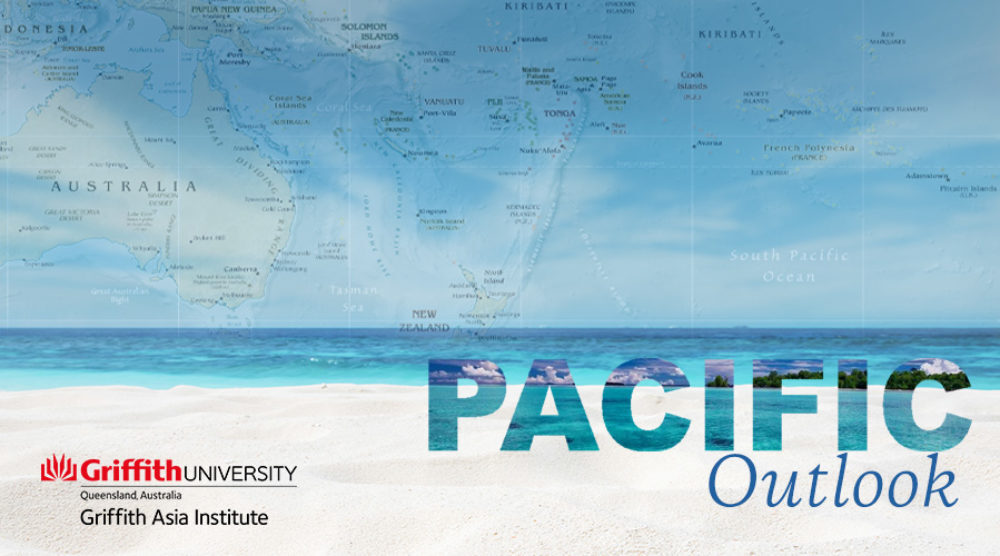Too close to call in Samoa’s elections
With official results yet to be confirmed, the results of Samoa’s general elections could not be any closer. The two main parties, HRPP and FAST are each claiming 25 seats. This leaves independent Tuala Tevaga Iosefo Ponifasio as potential kingmaker.
The elections were conducted last week. With the introduction of compulsory voting, the turnout was at around 70 per cent. A change in electoral boundaries has seen the number of seats in Parliament increase to 51.
The Office of the Electoral Commissioner has cautioned against pre-empting the official declaration of results. There is the expectation that a number of electoral petitions will be filed, which may affect the overall results. The caretaker Prime Minister and leader of the HRPP, Tuilaepa Sailele Malielegaoi, has already said that his party will take legal action against FAST for alleged ‘blatant’ violations of the electoral laws.
Emergency medical teams deploy to PNG
As the COVID-19 situation in Papua New Guinea continues to worsen, authorities have welcomed emergency medical teams to assist with managing the crisis. The rising numbers of COVID cases are putting immense pressure on the country’s health system.
An Australian team of 17 arrived in Port Moresby late last week. They join an advance scoping team of three that arrived some time earlier. The team is expected to remain in country for a month to assist with critical care and management of the national control centre in Port Moresby.
Earlier in the week, a team of seven arrived from the United States. Team Rubicon-Disaster Response will travel to the Western Highlands of Papua New Guinea to support the provincial health authorities in dealing with COVID-19 cases there.
Further support is expected to arrive in the near future, including teams from France and Doctors Without Borders.
Vaccines arrive in more Pacific island countries
A number of Pacific island countries have now received their first deliveries of COVID-19 vaccines and can commence inoculating their populations. This comes as other countries are revising their use of the AstraZeneca vaccine and creates added complications for authorities in dealing with hesitancy and suspicion among the populations.
Samoa received 20,000 doses of vaccine from the COVAX facility at the end of last week. Frontline workers will be prioritised in the rollout. Tonga has commenced its rollout this week, having received 24,000 doses via COVAX at the end of March.
COVAX deliveries have also been received by Tuvalu (4,800 doses) and Nauru (7,200) which provides them with enough to vaccinate 20 per cent of their populations.
Meanwhile, Solomon Islands has taken delivery of 50,000 doses of the SinoPharm vaccine donated by the People’s Republic of China. This is the first Pacific island country to receive this vaccine.
Fiji government pushes back against US human rights report
The government of Fiji has pushed back strongly against a recent human rights report published by the USA. The report in question is a country report on human rights practice produced by the US State Department. The report relates to 2020 and is one of many that the State Department compiles across the globe.
Among the human rights issues that the report highlights for 2020 are: instances of cruel, inhuman or degrading treatment which led to death in some cases; restrictions on freedom of expression; interference in the right of peaceful assembly considered to be ‘substantial’; and people trafficking.
However, the Commissioner for Anti-Discrimination and Human Rights, Ashwin Raj, has lashed out at the report and the US government. He claims that the report contains factual inaccuracies and misrepresentations. He has expressed concern that neither he nor other government officials were consulted during the report’s preparation.
Tess Newton Cain is an Adjunct Associate Professor at the Griffith Asia Institute and project lead of the Pacific Hub.








